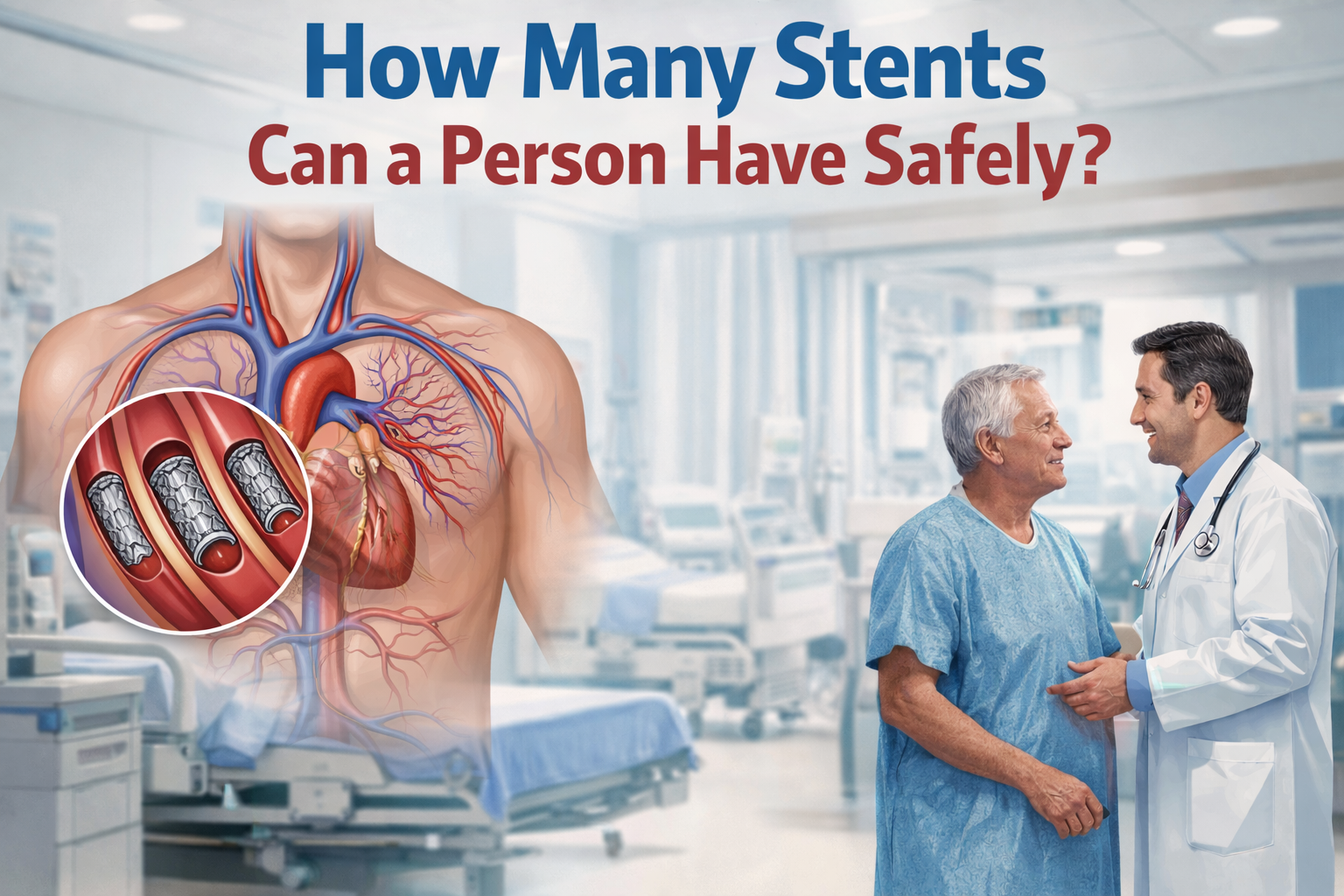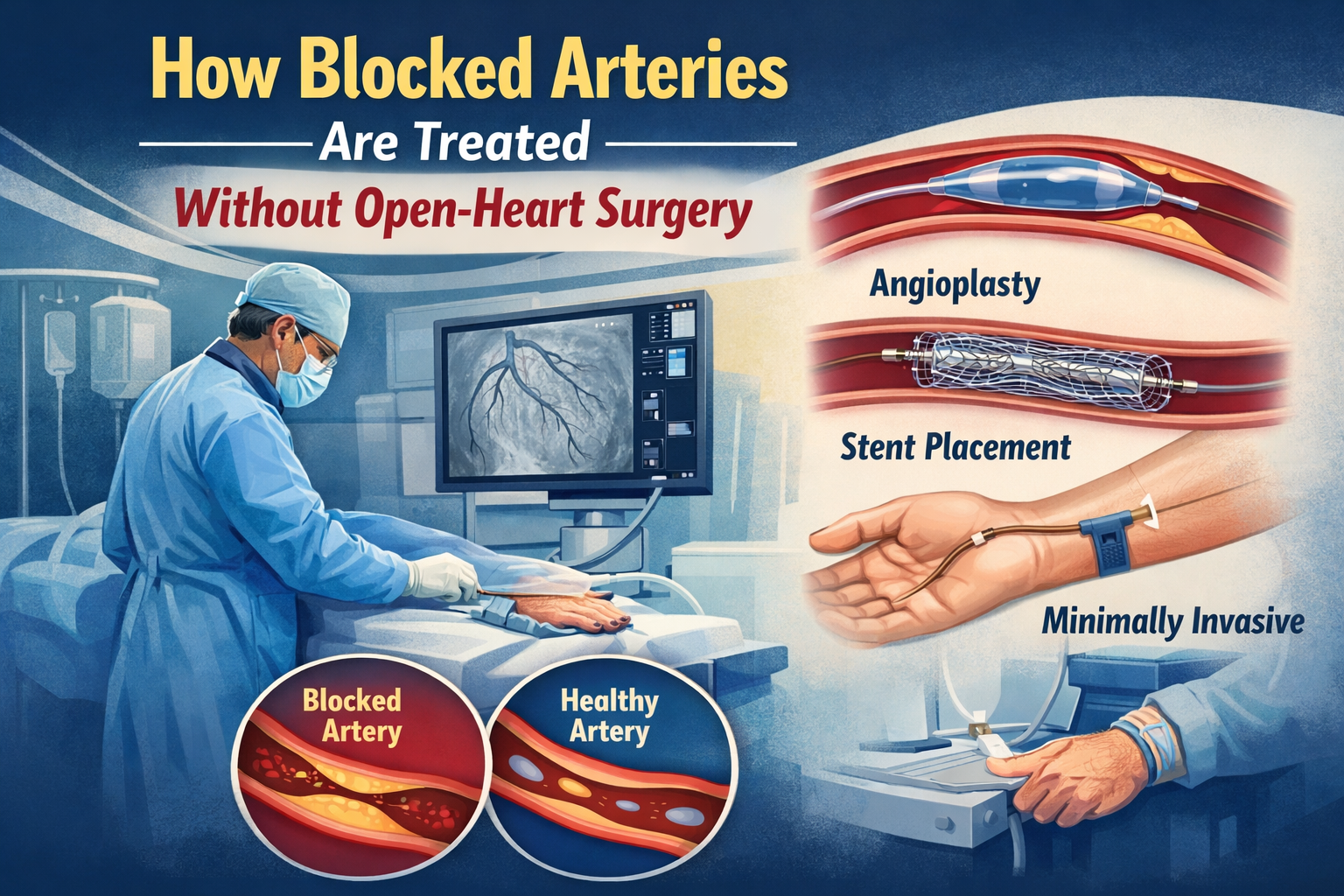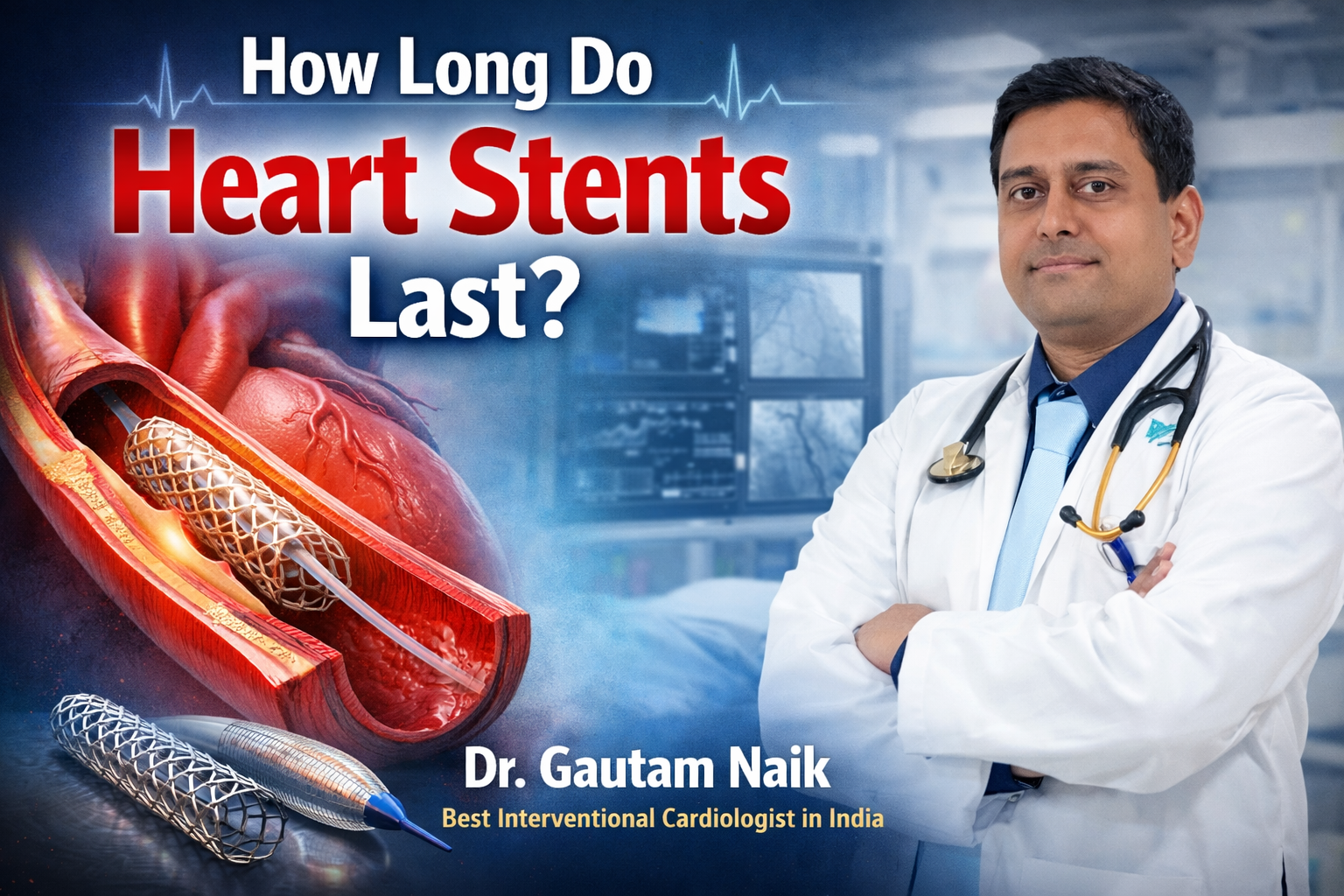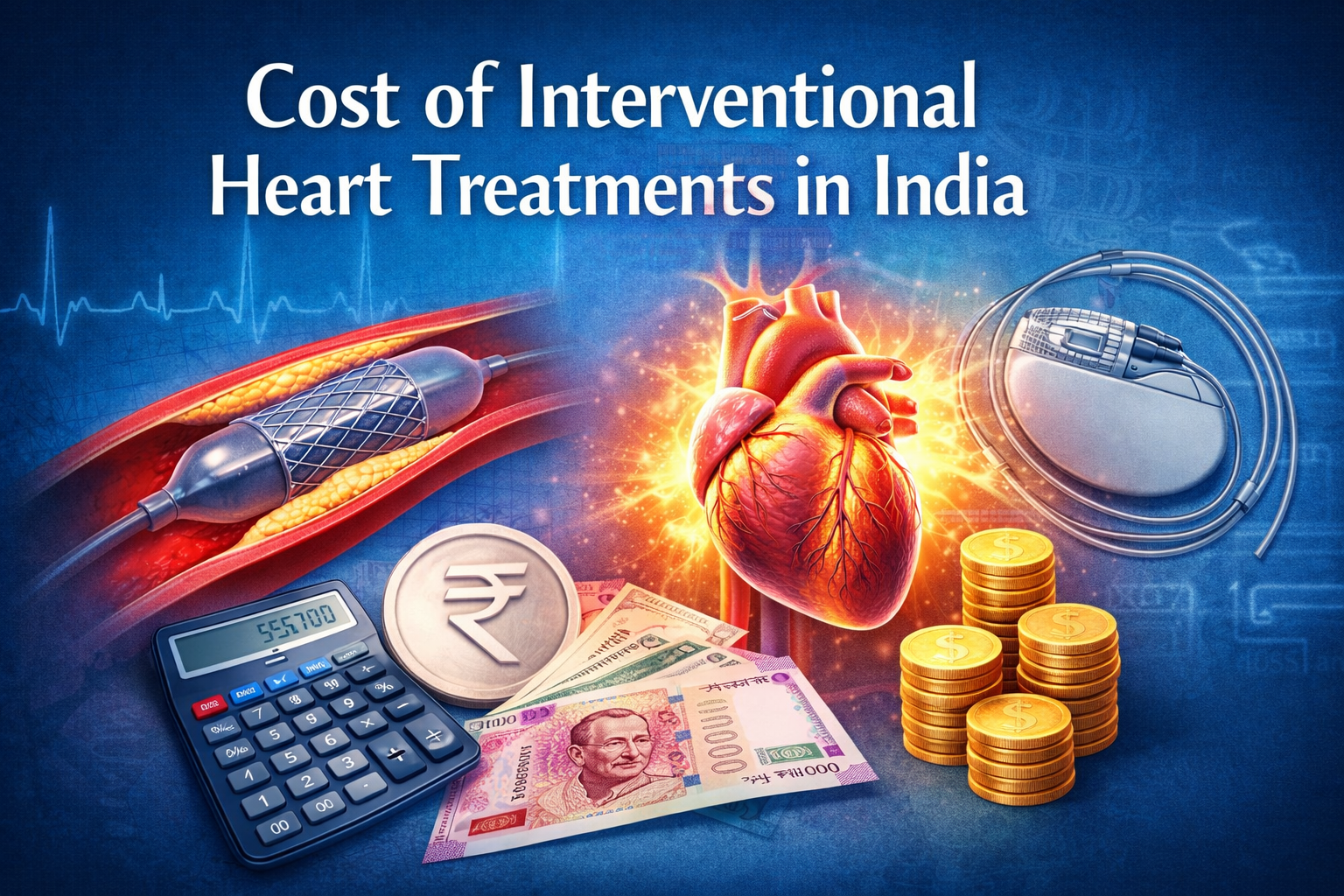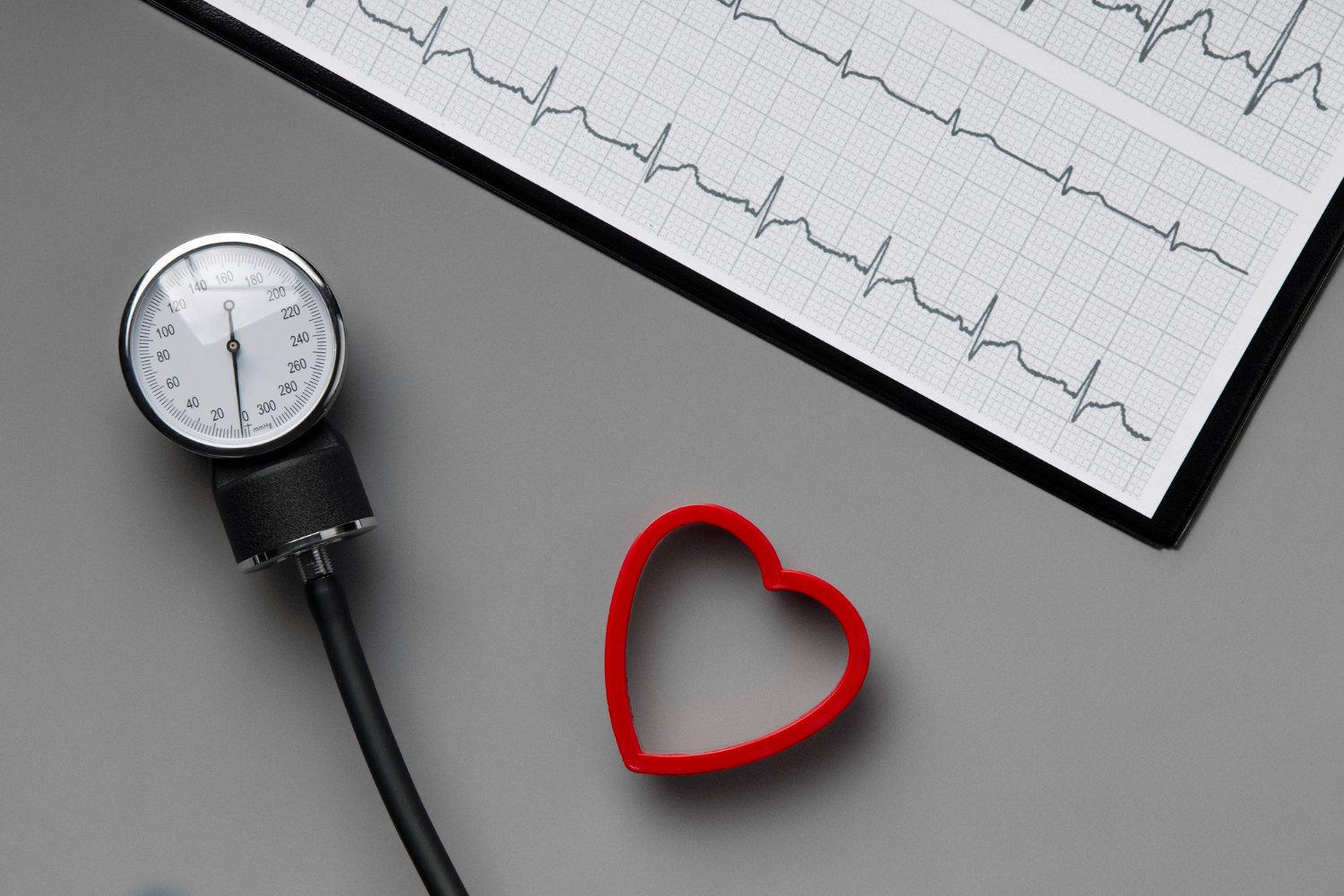
Your heart is one of the most vital organs in your body, and when something feels off—whether it’s chest pain, shortness of breath, dizziness, or fatigue—your doctor may recommend diagnostic tests to evaluate its function. These tests help detect heart disease early, guide treatment, and prevent serious complications.
In this article, we’ll walk you through 10 common heart tests your doctor might order and explain what each one means. We’ll also highlight why consulting an expert like Dr. Gautam Naik, the best cardiologist in Delhi NCR, can make all the difference in ensuring accurate diagnosis and world-class cardiac care.
An ECG records the electrical activity of your heart. Small electrodes are attached to your chest, arms, and legs to measure heart rhythms.
What it shows:
It is one of the first tests your doctor may order if you have symptoms like palpitations or chest discomfort.
This ultrasound test uses sound waves to create images of your heart in motion.
What it shows:
Echocardiography is essential for diagnosing heart failure, valve disorders, and cardiomyopathy.
A stress test monitors your heart while you exercise, usually on a treadmill or stationary bike.
What it shows:
If you cannot exercise, a medication-based (pharmacological) stress test may be done instead.
A Holter monitor is a portable ECG device worn for 24–48 hours to continuously record heart rhythms.
What it shows:
This test is especially helpful when irregular heartbeats occur sporadically.
A cardiac CT uses advanced imaging to create detailed pictures of your heart and blood vessels.
What it shows:
It is a non-invasive way to check for coronary artery disease and risk of heart attack.
Magnetic resonance imaging (MRI) provides high-resolution images of your heart using magnetic fields and radio waves.
What it shows:
This test gives more precise information compared to echocardiograms in certain conditions.
This is an invasive test where a thin catheter is inserted through an artery (usually in the wrist or groin) to reach the heart. A dye is injected, and X-ray images are taken.
What it shows:
It is often performed when angioplasty or stenting may be required.
Certain blood tests reveal important information about heart health.
Key tests include:
These tests are usually ordered in emergency and routine evaluations.
This test checks how your heart and blood pressure respond to changes in position.
What it shows:
Patients who experience unexplained fainting spells are often recommended this test.
This specialized CT scan measures calcium deposits in your coronary arteries.
What it shows:
It is especially useful for patients with risk factors like diabetes, hypertension, or family history of heart disease.
Each of these tests provides unique insights into your heart’s health. Early diagnosis is key to preventing complications like heart attacks, stroke, and heart failure. Depending on your symptoms and risk factors, your cardiologist will decide which test is best suited for you.
When it comes to heart health, choosing the right cardiologist is just as important as undergoing the right tests. Dr. Gautam Naik, a highly respected cardiologist in Delhi NCR, is widely recognized for his expertise in diagnosing and treating complex cardiac conditions.
Patients across Delhi NCR consult Dr. Gautam Naik for comprehensive heart evaluations, accurate diagnoses, and successful treatments.
Your heart is your lifeline, and regular check-ups can help prevent life-threatening complications. From simple ECGs to advanced cardiac MRIs, each test plays a critical role in identifying heart disease at the right time.
If you are experiencing chest discomfort, palpitations, or any other cardiac symptoms, consult Dr. Gautam Naik—the best cardiologist in Delhi NCR—for expert diagnosis and advanced treatment.

